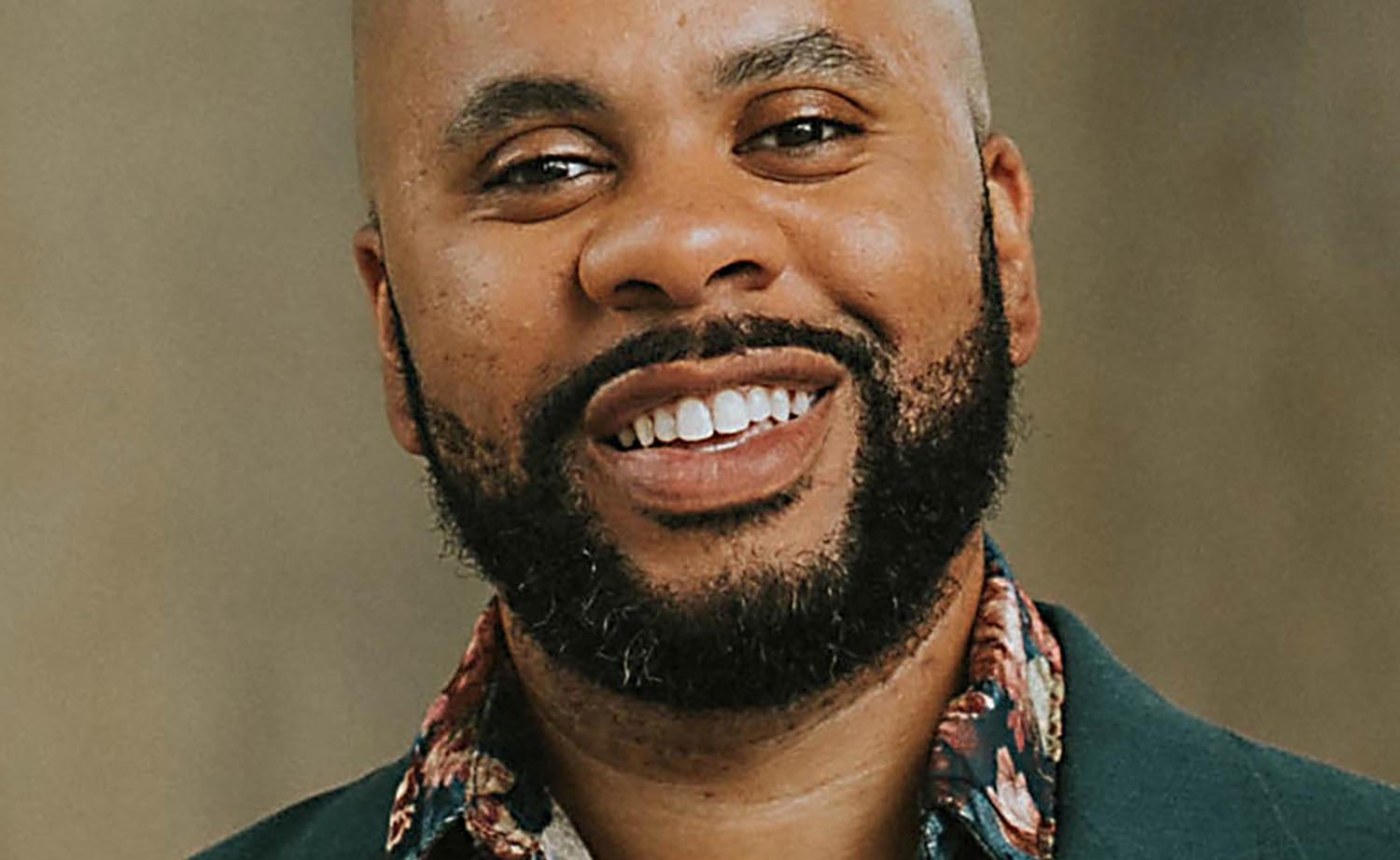
Dear Eric: I retired a couple of years ago. I — like many people, I think — have realized that most of my friends and even acquaintances were work-related.
Related Articles
Asking Eric: I think my wife should stop trying to fix the kids’ vacation plan
Asking Eric: What should I say if I see this woman after the dog park nastiness?
Asking Eric: Would I be awful to pursue the handyman who dated my cousin?
Asking Eric: She just assumes I’ll give her the code to our pool
Asking Eric: I know it sounds petty, but I won’t let my sick friend talk to me like this
My family doesn’t live close. I’ve always been a loner, so this doesn’t normally even bother me.
I recently had a health issue come up where I needed a “responsible adult” to drive me home from surgery and I had a hard time coming up with someone.
Most of my interests are ones done alone and, when I looked into senior centers, the things they had were all craft stuff that I have no interest in learning. I’m a woman who has never really had much in common with other women and, at my age, have no interest in an actual relationship.
I had a couple of really bad experiences with organized religion in my youth and I’ve tried to find a new church over the years but find myself uncomfortable with the things I see and hear. I tried volunteer work, but as in many towns, that is pretty much run by the churches and, after I kept politely turning down offers to come to their church, I found myself ignored or ostracized.
I know a lot of the problem is on me, but how do you make friends or at least another responsible adult when you are over 60?
– Loner but Not Alone
Dear Loner: I don’t want to negate your experience, but I’d gently suggest that much of this problem is not on you, actually.
Many people, of all ages, struggle to find and maintain social connections. And many adults find social life in retirement to be a new, surprising challenge.
One option you may not have considered is seeking out groups or activities that aren’t necessarily geared toward seniors. Perhaps you’ll find more in common with the chess club or a sports league, for instance. Intergenerational friendship is one of life’s richest rewards, and you may find it easier to connect with some of these organizations.
You might also consider getting a part-time job that you like and seeing if you jibe with your coworkers. If you don’t, you don’t have to keep the job. But connections can come from that as well.
Lastly, while it doesn’t necessarily address the “responsible adult” need right away, many people find more connection through online groups – based around shared interests, hobbies, advocacy, or projects – than they do in their local community. These connections can then trickle down locally – people might have nearby connections, or they could themselves be closer than you think.
Dear Eric: I am writing in response to the letter from the woman who had an Alzheimer’s diagnosis and felt isolated and lonely (“Wanting Company”).
Your advice to her to reach out to support groups and to be more direct with her family and friends about her needs was excellent. As a board-certified health and wellness coach who focuses specifically on the needs of seniors and people of all ages living with chronic illness and disability, I wanted to offer some additional options that she and her family may want to be aware of.
First, many local elder services access points train and maintain a group of volunteer visitors for isolated elders in their community. Many city Commissions on Aging or similar also have programs like these.
Second, if the letter writer is even an occasional member of a worship community, there is probably a group within that community that organizes regular visits to people who need them. If they are not part of any faith tradition, the American Humanist Association also has a secular chaplaincy program which could be of benefit to her.
Related Articles
Harriette Cole: Is it unrealistic to date a man who lives more than an hour away?
Miss Manners: This evil woman will be at the funeral, and I need to know my options
Dear Abby: My ex gave his dog to a family and didn’t tell them about the biting
Asking Eric: I think my wife should stop trying to fix the kids’ vacation plan
Harriette Cole: It was funny when we googled my new boyfriend, and then it wasn’t
Third, the letter writer and her family might want to consider engaging a geriatric care manager who could help them to identify supplementary services and connections in the local community that could go at least some way to alleviating her isolation. Geriatric care managers are generally people with medical and social services training (usually nurses and social workers) who have particular expertise in creating care plans that cover medical interventions and the creation of everyday life routines and supports for people with particular needs. This is not an inexpensive option (services from local elder support access, charitable organizations and worship communities should of course be free) but if the writer and her family are overwhelmed, it could be a very wise investment.
– Help Available
Dear Help Available: Thank you for this very thorough response. I believe it will help a lot of people.
Navigating a loss of capacity or providing care and companionship for someone who is navigating an Alzheimer’s or similar diagnosis can be very isolating. This is a great reminder to those folks that they are not alone.
Send questions to R. Eric Thomas at [email protected] or P.O. Box 22474, Philadelphia, PA 19110. Follow him on Instagram @oureric and sign up for his weekly newsletter at rericthomas.com.